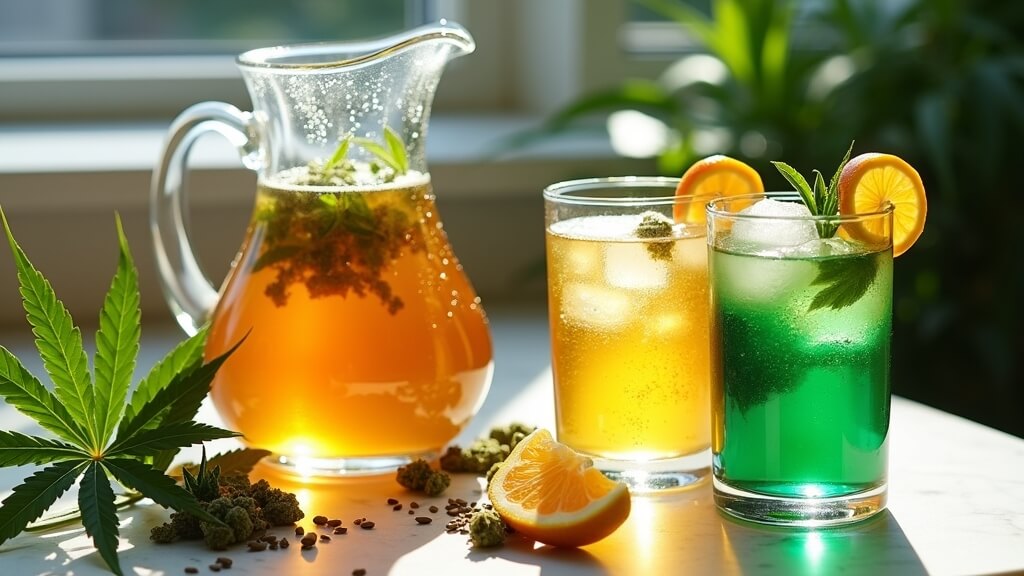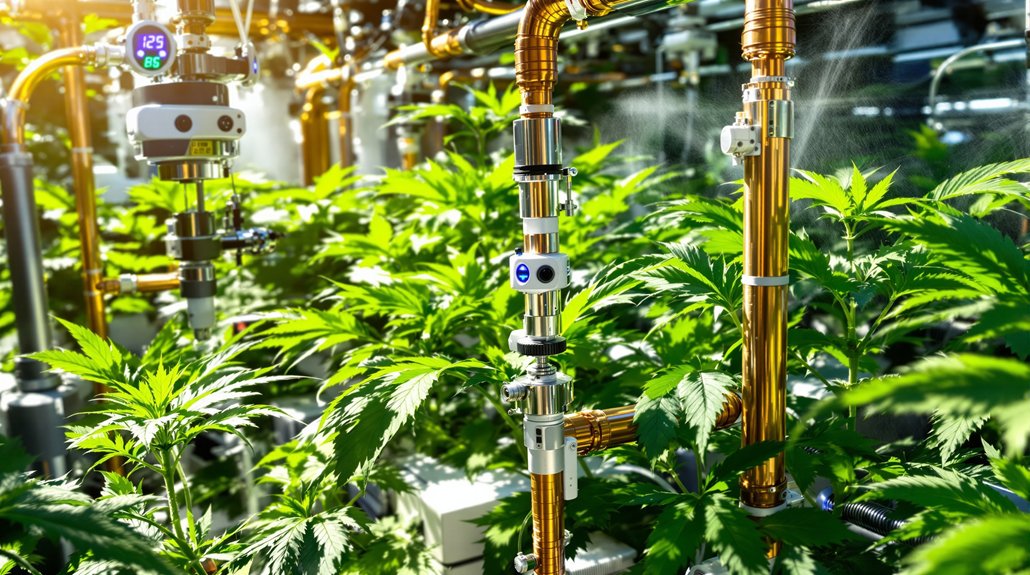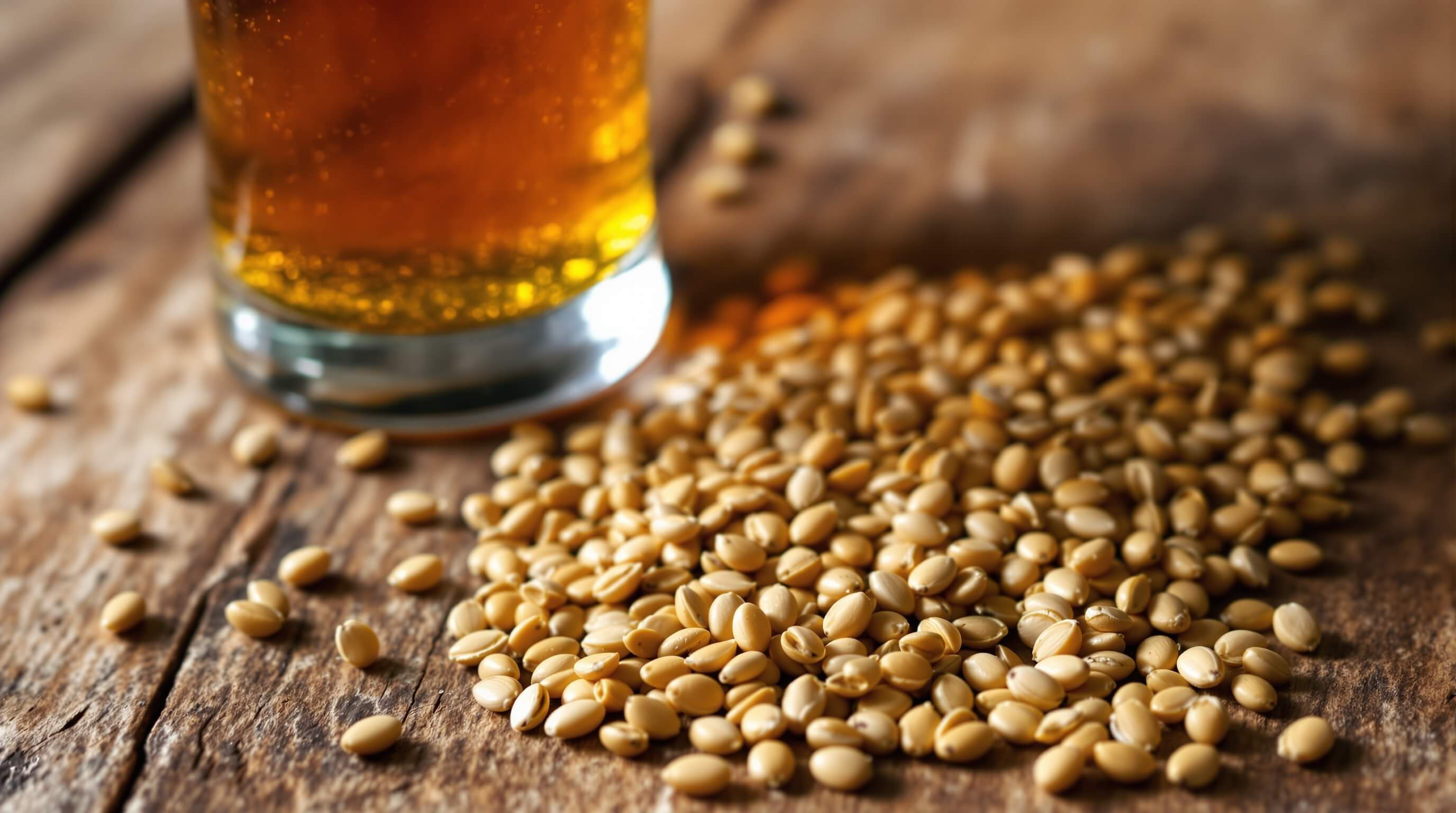THC-infused beverages are rapidly emerging as a dominant force in the cannabis market, with sales projections reaching an unprecedented $1.1 billion. This explosive growth, driven by a 37.3% compound annual growth rate, reflects a fundamental shift in consumer preferences toward smoke-free alternatives. Millennials are particularly drawn to these wellness-focused drinks, favoring low-dose and microdosed options that offer controlled experiences. As legalization expands and technology advances, the question becomes whether traditional cannabis consumption methods will soon become obsolete.
The cannabis beverage industry is experiencing explosive growth as consumer preferences shift toward healthier alternatives to traditional alcoholic drinks and more convenient methods of cannabis consumption. Market projections reveal staggering growth potential, with the global cannabis drinks market valued at $1.0 billion in 2025 and expected to reach $24.6 billion by 2035, representing an impressive 37.3% compound annual growth rate.
Multiple forecasts paint a picture of rapid expansion across different timeframes. The cannabis beverage market, estimated at $251.7 million in 2025, is projected to grow to $1.05 billion by 2032 with a 22.7% growth rate. Industry experts anticipate the market will reach $2.8 billion annually by 2025, while another projection shows growth from $915.1 million in 2021 to $2.8 billion by 2028. These figures demonstrate consistent upward momentum across various analytical perspectives.
Consumer behavior is driving this transformation as millennials increasingly seek wellness-focused products with functional benefits. The demand for smoke-free consumption methods has intensified, with consumers prioritizing precise dosing capabilities and discreet usage options. Recent studies show that approximately 18% of adults in America have expressed interest in trying THC-infused beverages. Low-dose and microdosed products are particularly popular, allowing users to customize their experiences while maintaining control over consumption levels. This shift reflects broader social acceptance and normalization of cannabis-infused beverages worldwide.
Millennials are driving cannabis beverage growth by prioritizing wellness-focused, precisely dosed, and discreet consumption alternatives to traditional smoking methods.
Legalization efforts greatly influence market expansion, particularly in the United States, Canada, and select European nations. Canada’s 2018 nationwide legalization created a foundation for rapid market development and innovation, positioning Canadian companies as industry leaders. The evolving US regulatory landscape, with individual states legalizing cannabis, continues to fuel growth opportunities. However, federal cannabis prohibition restricts inclusion in alcoholic beverages, keeping cannabis-infused drinks primarily non-alcoholic.
Technological advancement plays an essential role in product development and market acceptance. Improvements in THC emulsification and infusion technology enable better product consistency and faster uptake rates. Companies focus heavily on precise dosing technology to enhance consumer safety and experience reliability. Ongoing research in bioavailability and taste masking continues improving product appeal and efficacy, addressing previous concerns about flavor and effectiveness.
Leading market players include Artet, CAN, Phivida Holdings Inc., The Alkaline Water Company, Keef Brand, Dixie Brands Inc., Aphria, Hexo Corp, and Canopy Growth. These companies benefit from strategic partnerships, joint ventures, mergers, and acquisitions that drive innovation and expand market reach. Canadian firms particularly leverage their mature legal market advantage to develop sophisticated products and distribution networks. Key manufacturers are employing strategies such as joint ventures and partnerships for product innovation, focusing on upgraded products to meet rising consumer demand.
Market segmentation encompasses product types, components including THC and CBD, various flavors, sales channels, and regional markets. While North America dominates current sales, emerging markets in Europe, Latin America, East Asia, and Oceania show promising growth potential. The non-alcoholic segment commands a significant 67.9% market share as health-conscious consumers seek alternatives to traditional alcoholic beverages. Expanding retail distribution networks enhance accessibility and broaden consumer reach.
The convergence of changing consumer preferences, advancing legalization, technological innovation, and strategic industry consolidation positions cannabis beverages as a notable force in both cannabis and beverage markets, potentially reshaping how consumers approach cannabis consumption entirely.








